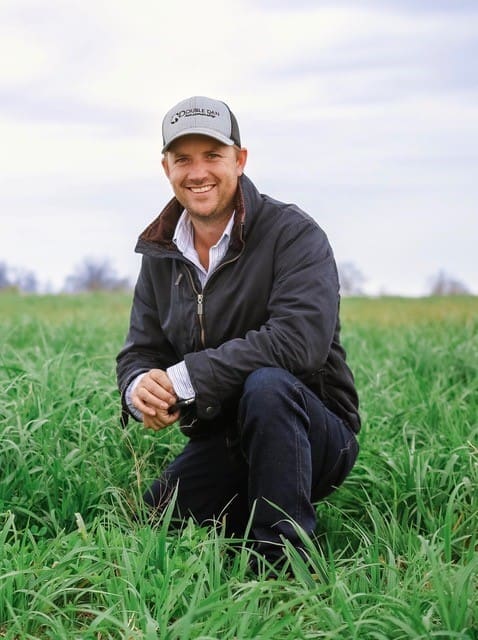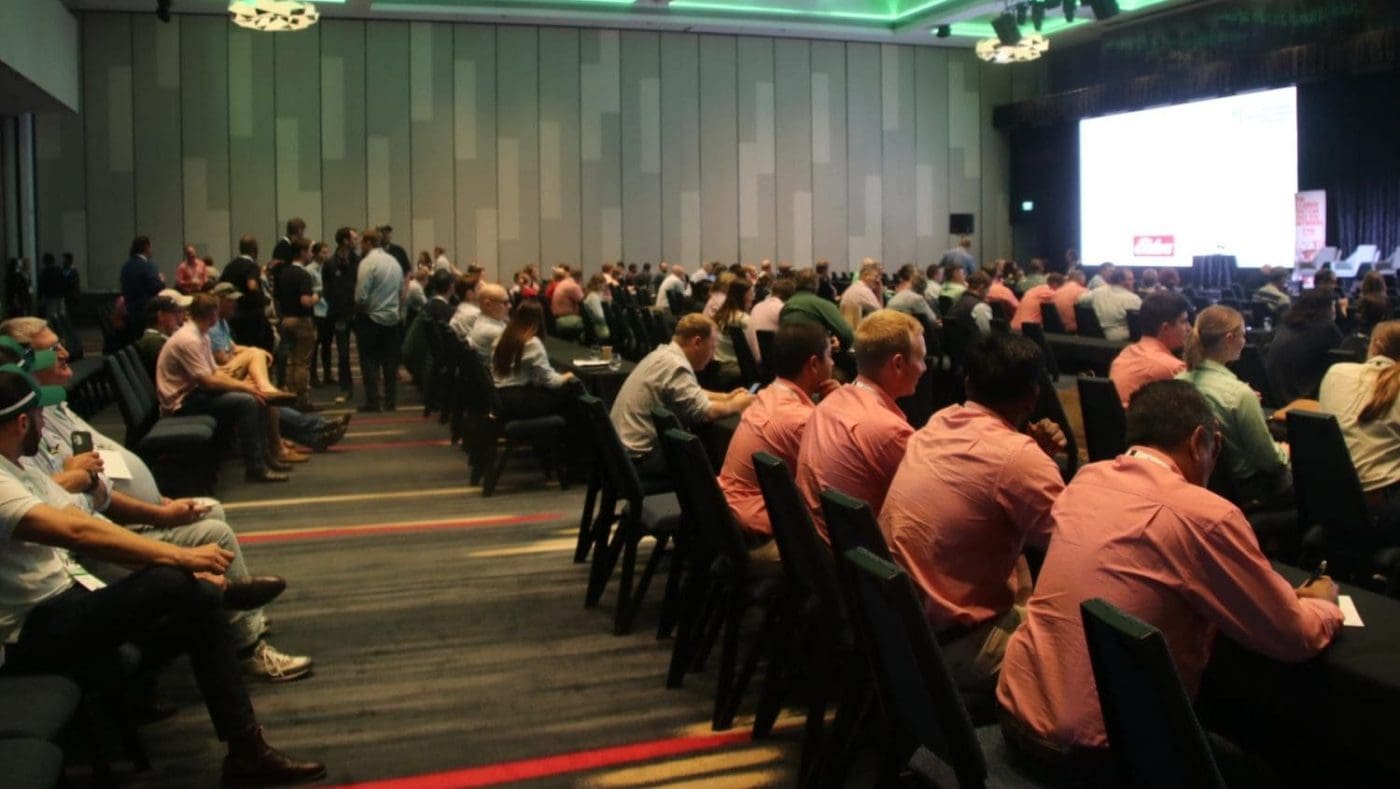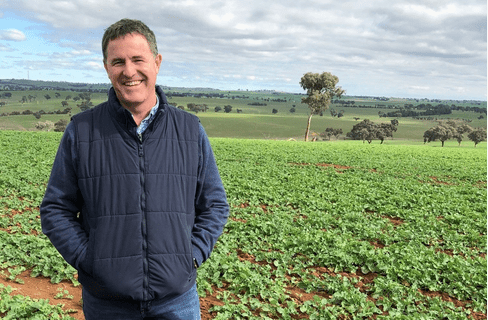THE head of a research organisation put together to find ways of reducing agricultural emissions has labelled arguments that the beef industry did not need to reduce methane emissions as “rubbish”, prompting calls to stop treating producers with contempt.
Richard Heath is the chief executive officer of the Net Zero Emissions in Agriculture cooperative research centre, the largest CRC ever.
He recently presented to the Australian Summer Grains Conference on the Gold Coast where he ran the crowd through a series of projects the CRC is running and explained what he believes are the benefits of reducing methane emissions.
Mr Heath said methane emissions can be reduced in a profitable and productive way. He also said the CRC was keen to inform ways of giving producers financial rewards like carbon credits and insetting.
In question time following his speech, Mr Heath said there was a large section of the livestock industry who believed methane emissions did not need reducing – which he disagreed with.
“The arguments they use are because methane breaks down quickly and if you are not emitting anymore year-on-year then it is steady and it is not having a warming impact,” he said.
“I think that is rubbish and I think we do need to reduce methane.
“It is still important to recognise that reducing methane is going to have more impact than reducing carbon dioxide, equivalence, over a short period of time.”
Debate about the way methane emissions are measuring has been ongoing for years, with several scientists across the world (including University of Oxford, University of California and the CSIRO) highlighting that stable methane emissions are currently being overstated by globally recognised accounting metrics.
 Mr Heath said the discussion should be more about common values like long-term financial viability.
Mr Heath said the discussion should be more about common values like long-term financial viability.
“It goes off the rails so quickly and people get confused about the science when you start talking about rates of break down and warming potential,” he said.
“The values that we all relate to are that we do want to protect our farms for future generations and those future generations are at risk from climate change – there is no question about that.
“Methane is one of the things we can do really quickly, there are technologies that are available now that we can implement tomorrow that will have a really significant impact.”
Call to stop treating beef producers with contempt
The Australin beef industry recently decided to scrap its target to be carbon neutral by 2030, following a campaign from Cattle Australia to re-think the way the industry approaches emissions.
 Central Qld producer and CA deputy chair Adam Coffey said he disagreed with Mr Heath’s commentary.
Central Qld producer and CA deputy chair Adam Coffey said he disagreed with Mr Heath’s commentary.
“I’m not sure what stimulates this sort of commentary, no one is saying that emissions reductions within the beef sector aren’t important,” Mr Coffey said.
“We’ve got to get away from ham-fisted treatment of livestock emissions and associated commentary as it’s not helpful. Stop treating beef producers with contempt and maybe we’d find a lot more people positively engaged.”
Mr Coffey said he also disagreed with the idea that reducing methane emissions was more important than reducing carbon emissions from fossil fuels.
“Livestock emissions are scientifically different from fossil emissions yet they’re all lumped in the same bag within government inventories,” he said.
“Yes, our emissions have an atmospheric warming effect but they’re not one-way and they’re generally not accumulative.
“That’s why there’s an R&D focus in the new MLA strategic plan on the biogenic carbon cycle, what is it and how do we positively influence it.”



HAVE YOUR SAY